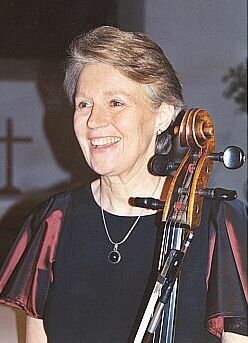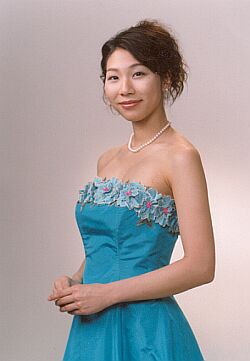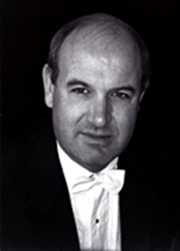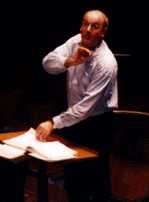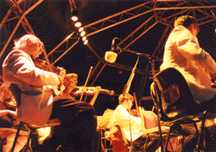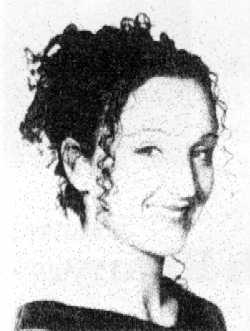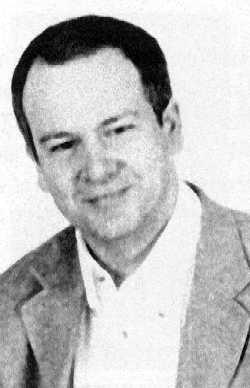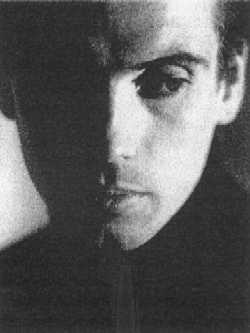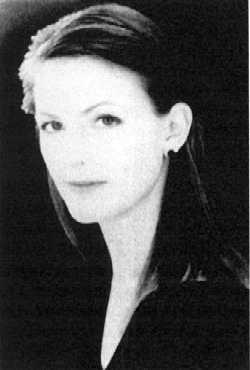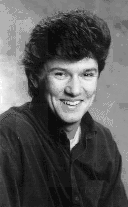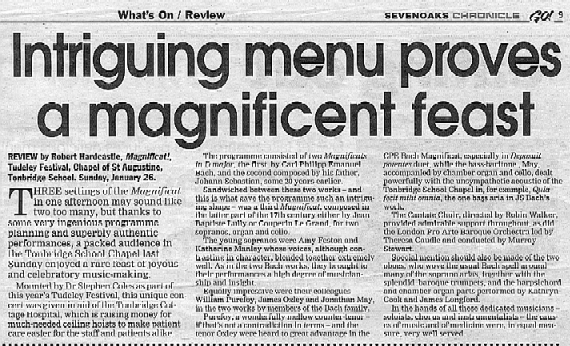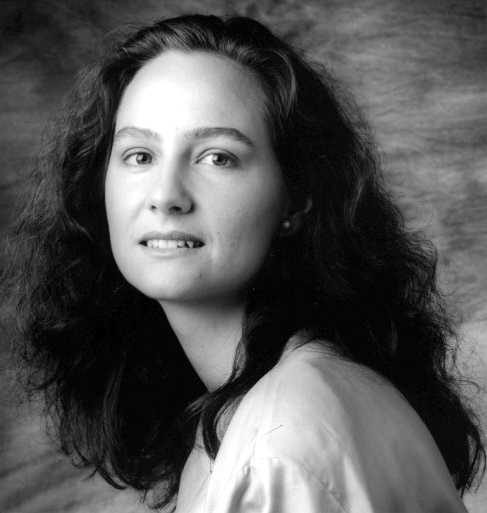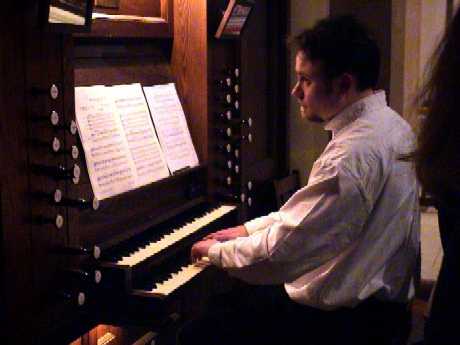Phoenix flies high
Reviewer – FL Dunkin Wedd
Review of the concert by The Cantate Choir with the Corelli Consort at St Martin’s Church, Brasted – 25th May 2002
As so often, the tone of this concert was set from the very first note: Cantate’s opening to Bach’s Jesu meine Freude was confident, full-bodied and spiritual, setting the standard for the whole evening.
Those who seek to walk in the steps of the Chantry Choir aim high. Chantry established a peerless reputation with performances of near professional standard; after their demise The Cantate Choir – with many of the same members – has risen, phoenix-like, from the ashes, their former esteem evidenced by a long queue of conductors hoping to be associated with them. On this showing Cantate have nothing to fear from comparison with their forebears.
In fact fear – or the lack of it – was a bit of a theme in this concert. When a new choir chooses to start their very first programme with an icon of the choral repertoire like Jesu meine Freude it’s a confident start – and a courageous one. For all its familiarity, Jesu meine Freude is difficult to sing; it depends for variety on subtle changes in vocal colour, and can easily become wearisome in amateur hands – a challenge for choir and conductor alike.
But Cantate did not disappoint. From the first ebullient note, they displayed superb ensemble singing. They entered into the spirit of Bach’s masterpiece with gusto, allowing conductor Adrian Pitts to add subtle character to the work; the elision of the lines in the chorales was beautifully brought off, showing a good understanding between choir and conductor. Adrian Pitts was long associated with the Chantry Choir – and it shows.
There were some fine details hers – especially from altos and tenors; the altos were perhaps the stars of the evening, offering a wonderful bloom of tone, secure intonation and lots of eye contact with the conductor. There were some details for Cantate to work on in future; Bach’s trio mercilessly exposes any weakness, and confidence and intonation are at risk in the most professional performance; the Cantate sopranos could achieve a more caressing tone and more hushed pianissimo. But these caveats apart both choir and conductor did full justice to a demanding piece, producing a most moving performance.
Before the next choral work, Cantate’s clever programming had four notable local musicians play Corelli’s Trio Sonata in C op. 34 No. 1; like a sorbet between courses of a gourmet meal, this cleansed the aural palate. Vreni Gould and Robin Morrish (violins), Tony Gould (organ) and Elizabeth Moore (cello) are all fine players – and know each other well. It seemed that they joined effortlessly together in marvellous rapport, listening so intently to each other, attuned to the slightest nuances of each others’ playing.
Vreni Gould led with a wonderful lustrous silvery tone, firm but unassuming; husband Tony’s continuo was sensitive and supportive. So often when one hears a second violin one wants to take them out a buy them a square meal; this could never be the case with Robin Morrish, who knows exactly when to take centre stage, exactly how to support without dominating – rare qualities. Elizabeth Moore’s luminous cello playing was characterised as ever by grace and elegance – always sensitive, never forgetting the spiritual dimension. All four have the technical mastery that allows them to relax and enjoy the music – and their enjoyment was infectious. The cheerful and melodic Corelli was a good choice – music for pleasure, played with love.
As we’ve seen, Cantate don’t duck a challenge. Poulenc’s Four Penitence Motets are complex both emotionally and harmonically, and as difficult to sing as the Bach – though for very different reasons.
The programme notes suggested that these four motets represent a normally frivolous composer in deeply religious mood – but Poulenc is more complex that that. Spirit and spirituality are interwoven so closely that they cannot be separated; in these miraculous motets powerful expression is given to the religious uncertainty that typifies the twentieth century. Written in 1938-9, they embody the looming wars – one remembered, one foreshadowed – that gave rise to this questioning of faith.
Again the Cantate Choir gave us a wonderful opening, presaging good things to come. Balance and dynamics were now perfected, and Adrian Pitts finely managed subtle changes of character. The choir coped admirably with the harmonic language, especially in the fourth movement where Poulenc’s Gallic wit comes to the fore. These are complex and expressive works, and it’s hard to imagine a performance where their contradictory qualities could be better balanced, or one more moving. In the third movement one could have wished for the sopranos to concentrate more on tone quality than volume: the top line will always be heard without the need for strong projection. One would have liked a more firm and focused sound in the bass. But these quibbles only serve to show how close to perfect these performances were.
The Corelli Consort returned for Bach’s Sinfonia from the Easter Oratorio, in a marvellous arrangement by Norman Carrell. Although again a refreshment to the palate, this was much more than an amuse-bouche – more like Bach’s double violin concerto in miniature, with Vreni Gould and Robin Morrish swapping phrase for heartfelt phrase. Never were Bach’s runs and trills thrown off with mere technical bravura: every one was beautifully played – and here again, Elizabeth Moore’s grave and thoughtful cello playing was crucial in setting the mood. This performance alone was worth the admission price.
Last came Handel’s Zadok the Priest, cleverly placed at the end of the programme, not the beginning – and again Cantate showed great courage. The piece is so well known that it begs comparison with the ‘perfect’ studio recordings we have all heard. It can easily turn into a bit of a shout – but in these hands never did so: the vocal tone was warm, the sound was bright and focused, diction was clear, and intonation was accurate. The dynamic range was perhaps better handled here than anywhere else in the programme.
And here also Tony Gould’s organ playing came into its own with wonderfully chosen registration, building up splendidly to the climactic choir entry. The choir obviously know the piece well and could probably sing it by heart – in fact I would have liked to hear them do so; singing without books sharpens listening skills and encourages eye-contact with the conductor.
This was a concert of fearless programming, cleverly varied, with a capacity (and rapturous) audience; very high standards of singing and conducting – an example of future Cantate concerts.

